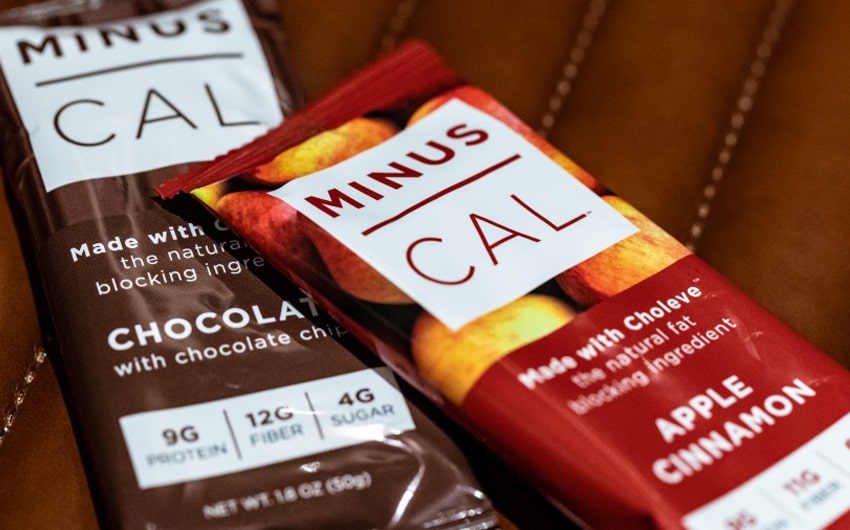Minus Cal Net Worth and Its Rise in the Health Industry
The wellness industry is booming, and brands offering innovative solutions are thriving like never before. Minus Cal, known for its calorie-blocking snacks and supplements, has sparked interest among health-conscious consumers seeking simple ways to manage their diets. As its popularity grows, many are curious about Minus Cal net worth and how the brand has positioned itself in such a competitive market.
With unique products and a bold approach, Minus Cal has attracted both fans and critics, carving out a space in the wellness niche. Let’s take a closer look at the brand’s journey, revenue streams, and financial standing.
What Is Minus Cal?
Minus Cal is a wellness brand that gained attention for its bold claim: providing snacks and supplements that help block calorie absorption. Its flagship products, including calorie-blocking bars and supplements, are marketed as tools for weight management, designed to help users control their calorie intake without major lifestyle changes. This unique selling point sets Minus Cal apart in the crowded health and wellness market.
Founded on the idea of simplifying health and diet goals, the brand appeals to a growing audience seeking convenient solutions to maintain or achieve a healthy lifestyle. Minus Cal leverages modern nutrition science and savvy marketing to position its products as a must-have for individuals looking to manage their weight in an increasingly fast-paced world. Its branding emphasizes innovation, convenience, and empowerment, making it particularly appealing to millennials and busy professionals.
Image source: snackandbakery.com
How Much Is Minus Cal Worth?
Estimating Minus Cal’s exact net worth is challenging due to the lack of publicly disclosed financial details, but experts speculate it is valued in the low-to-mid eight-figure range. This valuation factors in product sales, market positioning, and the brand’s presence in the competitive health and wellness industry. Its growth trajectory suggests that Minus Cal has carved out a profitable niche despite facing significant challenges.
Minus Cal’s financial worth is also tied to its ability to maintain customer loyalty and expand its reach. With a business model centered around direct-to-consumer sales, digital marketing, and strategic partnerships, the brand has been able to scale effectively. As the wellness market grows, Minus Cal’s worth may continue to increase, provided it adapts to industry trends and consumer needs.
Revenue Streams
Product Sales
The primary source of Minus Cal’s revenue comes from the sale of its calorie-blocking products. These include energy bars and dietary supplements that are marketed for their ability to inhibit fat absorption. Priced at a premium compared to standard health snacks, these products cater to a niche audience willing to pay for innovative weight management solutions. Strong branding and clever marketing have helped drive consistent sales.
Minus Cal’s focus on e-commerce platforms has also been a significant factor in its revenue. By selling directly to consumers through its website and popular online marketplaces, the brand eliminates the need for intermediaries, maximizing its profit margins. Limited retail availability adds an air of exclusivity to its products, further enhancing their perceived value.
Digital Marketing and Affiliate Programs
A significant portion of Minus Cal’s revenue is generated through its robust digital marketing campaigns. The company invests in targeted ads, influencer collaborations, and affiliate programs that encourage health and fitness influencers to promote its products. This strategy has allowed Minus Cal to reach a global audience and generate sales from multiple channels.
Affiliate marketing programs, in particular, incentivize partners to sell Minus Cal products in exchange for a commission. This approach not only broadens the brand’s reach but also creates a scalable and cost-effective sales model. The combination of direct sales and affiliate marketing forms the backbone of the company’s financial success.
Market Performance and Growth
Market Demand for Wellness Products
The wellness industry has seen explosive growth over the past decade, with consumers increasingly prioritizing health and fitness. Minus Cal has benefited from this trend, positioning itself as a solution for those seeking simple, effective ways to manage their weight. The brand’s innovative calorie-blocking technology gives it a competitive edge in a market dominated by traditional snacks and supplements.
The company’s ability to identify and cater to this demand has driven its expansion. By focusing on a niche product category, Minus Cal differentiates itself from broader health food brands, allowing it to command higher prices and attract a loyal customer base. This positioning has helped it maintain steady sales despite fierce competition.
International Expansion
Minus Cal’s growth isn’t limited to the United States. The brand has started exploring international markets where wellness trends are gaining traction, such as Europe and Asia. Expanding its reach globally allows the company to tap into diverse consumer bases and mitigate risks associated with regional market fluctuations.
To support international growth, Minus Cal has invested in localized marketing strategies and partnerships with distributors in key markets. These efforts are already showing promise, with rising sales reported from overseas markets. If this trend continues, international sales could become a major contributor to the brand’s overall revenue.
Challenges and Controversies
Criticism of Product Claims
One of the biggest challenges Minus Cal has faced is skepticism surrounding its calorie-blocking claims. Critics, including nutritionists and dietitians, have questioned the scientific basis for such claims, arguing that no product can block calories entirely without significant side effects. Negative reviews and scrutiny from health professionals have created hurdles for the brand in building consumer trust.
This criticism has occasionally escalated into controversies, with some claiming that Minus Cal’s marketing is misleading. Such backlash can harm the brand’s reputation and deter potential customers, making transparency and evidence-backed marketing essential for its continued success.
Competitive Pressure
The health and wellness industry is notoriously competitive, with new brands emerging constantly. Minus Cal faces pressure from established players with broader product lines and larger marketing budgets. Competing with these giants while maintaining its niche positioning is a delicate balancing act for the company.
Additionally, the rise of alternative health products, such as plant-based snacks and personalized nutrition services, poses a threat to Minus Cal’s market share. To stay ahead, the brand must innovate continuously and adapt to shifting consumer preferences.
Future Prospects for Minus Cal
Expanding Product Lines
For Minus Cal to sustain its growth, diversifying its product offerings will be key. The brand could introduce new snack varieties, such as plant-based options or functional foods that support immunity and energy. Expanding into complementary categories like fitness supplements or meal replacements could also attract a wider audience and increase revenue streams.
Product diversification not only boosts sales but also positions the company as a comprehensive wellness brand rather than a single-product business. This strategy could help Minus Cal build long-term resilience in a rapidly evolving market.
Leveraging Technology and Research
Investing in scientific research and technology will be crucial for Minus Cal’s future success. By partnering with nutritionists and scientists, the company can validate its calorie-blocking claims and enhance its credibility. Developing new, science-backed formulations could also help the brand address existing criticism and attract more discerning customers.
Technology-driven strategies, such as personalized nutrition plans or app integrations, could further differentiate Minus Cal in the market. Offering customers tailored solutions based on their dietary needs or fitness goals would create a unique selling point, enhancing brand loyalty and driving sales.
Featured image source: sharktankrecap.com








